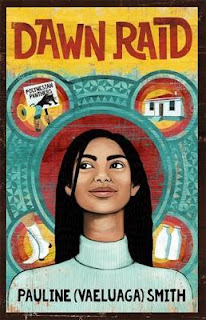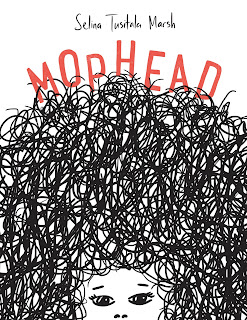Cancel culture has become a fixture in the social media world. Anyone (and I mean anyone) who has tweeted anything that is remotely homophobic, racist, sexist or anti establishment will be punished and 'dragged' by everyone online. Retweets of previous posts have become a tool, a weapon, in which people on Twitter can use as ammunition. Cancel culture ultimately is about holding people to account for anything wrong that they have said or done. Public shaming and humiliation come to mind when I think of cancel culture. Reviewer John Racheal describes it as "similar to genocide, it is cultural cleansing, a systematic destruction of what its proponents singularly deem uncomfortable, unsavory, perhaps threatening to them and their adherents". I believe that my students understand this concept and probably have participated or even been the subject of some type of 'cancelling' online. As an avid 'tweeter' I understand the nature of this new dynamic and how it has imposed itself as a new social norm when people are out of line. Which is why I was excited when I came across this text.
Cancel This Book by Dan Kovalik depicts the nature of cancel culture in social media and in popular culture. I am going to source this book as I really want to use it as a text for my Level 2 and Level 3 students. It could be used for their connections report or simply as a text enjoy and read.
Finding texts that are relevant for my students, predominantly Maori and Pasefika, can be quite a task. I have read a few excerpts of the following texts and know that I need to get my hand on them. It is a bit of slim picking when it comes to finding relevant texts that are also appropriate to the NCEA English curriculum, however I do know that this is not the reason why I should not include the texts that I have found so far. The texts that I can come across are written by Maori and Pasefika for Maori and Pasefika and that is fundamental in engaging my Maori and Pasefika learners. Like me, I know that they want to read stories that they can see themselves, their families and their community in. Texts that are reflective of their identity and the times in which they, we, live in.
Mophead by Dr Selina Tusitala Marsh is a text that has received praise from critics. "Selina takes us through special moments in her extraordinary life. She becomes one of the first Pasifika women to hold a PhD. She reads for the Queen of England and Samoan royalty. She meets Barack Obama. And then she is named the New Zealand Poet Laureate. She picks up her special tokotoko, and notices something. It has wild hair coming out the end. It looks like a mop. A kid on the Waiheke ferry teases her about it." (Christchurch City Council Library) In an age where one's difference can be ridiculed and tortured online, Mophead encourages the reader to embrace their 'differences' as it conveys how 'difference' can actually make a difference. I came across this teacher guide which is a great resource, one that I will look at before and after the reading of the text.
 |
| Mophead Teacher Guide: Click on the image to access the teacher guide. |
Dawn Raid by Pauline Vaeluaga Smith chronicles the story of a young girl, Sofia, who experiences the infamous and highly criticized dawnraids that occured in Auckland during the late 1970s. Against a backdrop of political upheaval, a deteroriating society and racial discrimination, Smith takes the reader through the harsh reality of life for Polynesians in New Zealand in the late 1970s through the lens of a young Pasefika girl. "Told through Sofia’s diary entries, with illustrations throughout, Dawn Raid is the story of one ordinary girl living in extraordinary times, learning how to stand up and fight." (Mat Hunkin) The dawn raids is a relevant topic and conversation for our young people right now with the most recent dawnraid apology from the New Zealand government and the racial injustice coming to light in America, this is a text that the young people can definitely relate to.
 |
| Pauline Vaeluaga Smith's Dawn Raid |
 |
| Dawn Raid Discussion Guide: Click on the image to access the guide. |
There is an abundance of short texts by Maori and Pasefika writers. I have known of this text since I was at university. Another gem from Dr Selina Tusitala Marsha, Fast Talking PI, from the short collection of the same name released in 2010, is a punchy poem written in the style of rap and spoken word. I am going to use this as a short text for my Year 12 students for 2.9 (Reading Responses).
 |
| Click on the image to access the poem - Fast Talking PI |






No comments:
Post a Comment